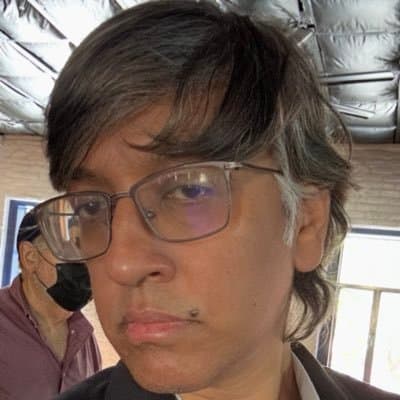American-Raised Hindus Face Religious Education Gaps, Influenced by Dominant Culture

Prominent geneticist and author Razib Khan recently highlighted a significant challenge faced by immigrant-based religions in the United States, particularly among American-raised Hindus. Khan suggested that religious education for these communities often falls short because, unlike in their homelands, there is no ingrained system for religious inculcation. This often leads to American-raised Hindus being more familiar with Christianity due to its pervasive presence in the cultural landscape.
"tbf to megha religious education for immigrant-based religions is often poor because in the homeland they didn't have to inculcate and indoctrinate. for many american-raised hindus the religion they know best is christianity cuz it's in the air," Razib Khan stated in a recent tweet.
The observation underscores a broader trend where immigrant communities grapple with preserving their cultural and religious heritage while integrating into American society. Historically, religious participation has been a key factor in immigrant adaptation, with religious institutions often providing social structures for ethnic communities. However, the nature of this adaptation varies significantly across different religious groups.
For non-Christian immigrant faiths like Hinduism, the absence of established, widespread religious infrastructure comparable to those in their countries of origin presents unique hurdles. This can lead to a generational gap in religious knowledge and practice, as younger individuals are exposed primarily to the dominant Christian culture through various societal channels, including education and media.
Pew Research Center data indicates that while many immigrant groups, including Hindus, largely view America's growing immigrant population and religious diversity positively, the influence of the prevailing religious landscape remains potent. Hindus in the U.S. are notably among the most likely to say that religious diversity strengthens society, yet the challenge of maintaining distinct religious identity amidst a Christian-majority culture persists. This dynamic creates a complex environment for religious transmission and identity formation among second-generation immigrants.